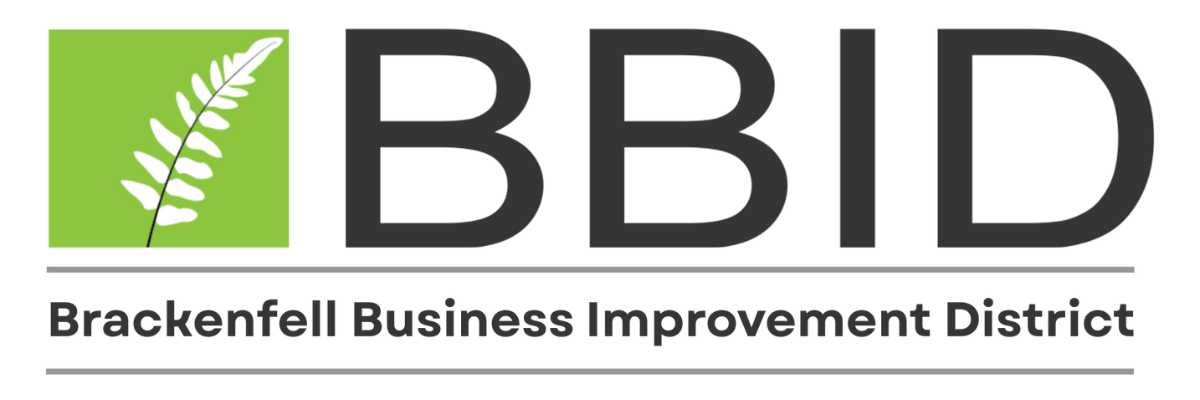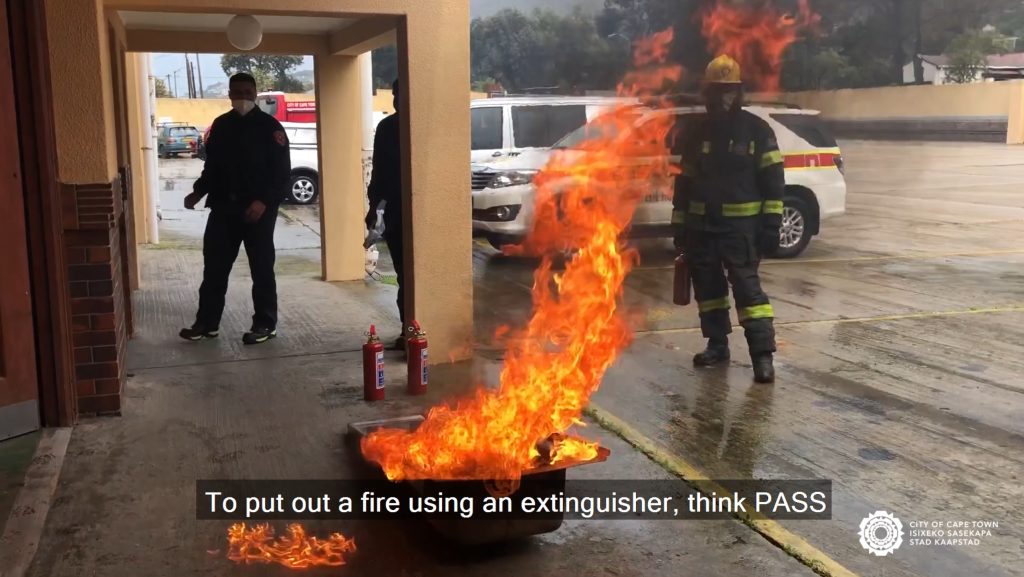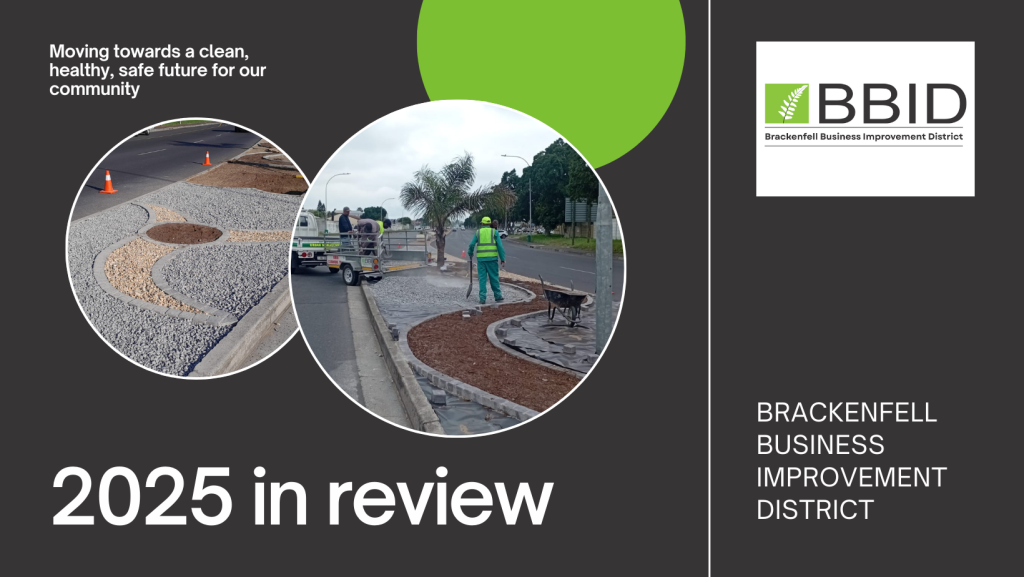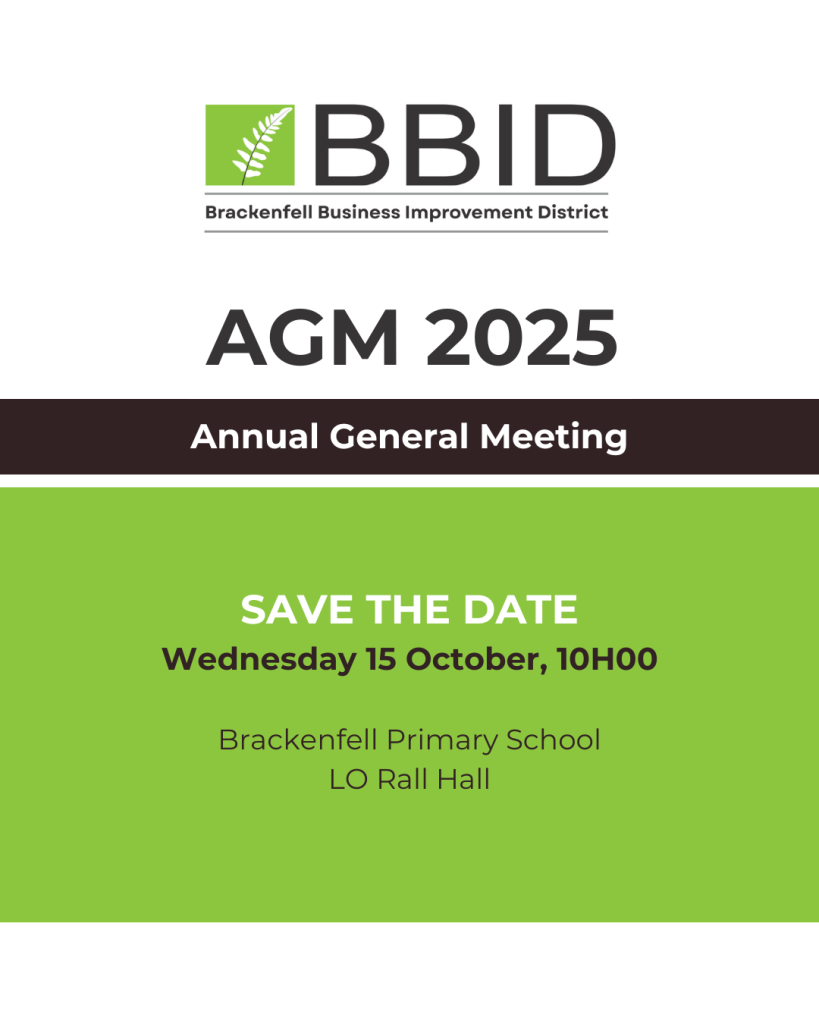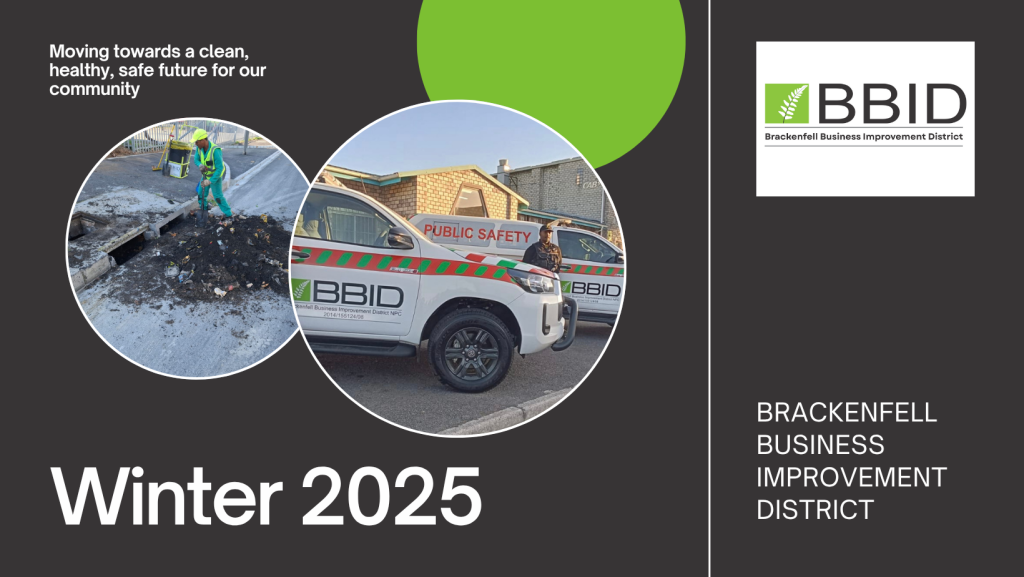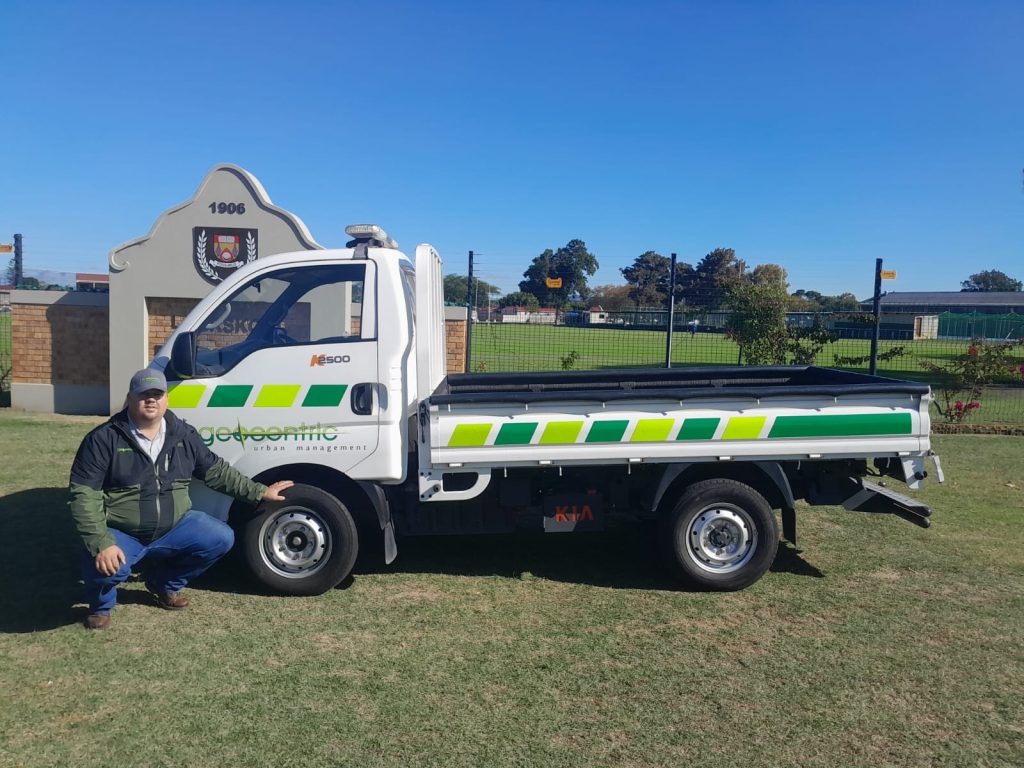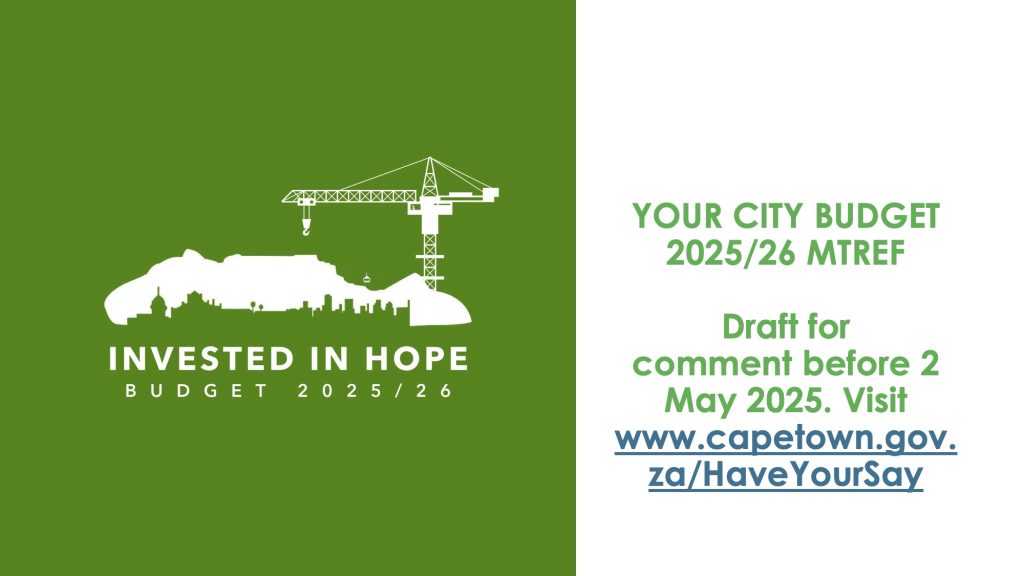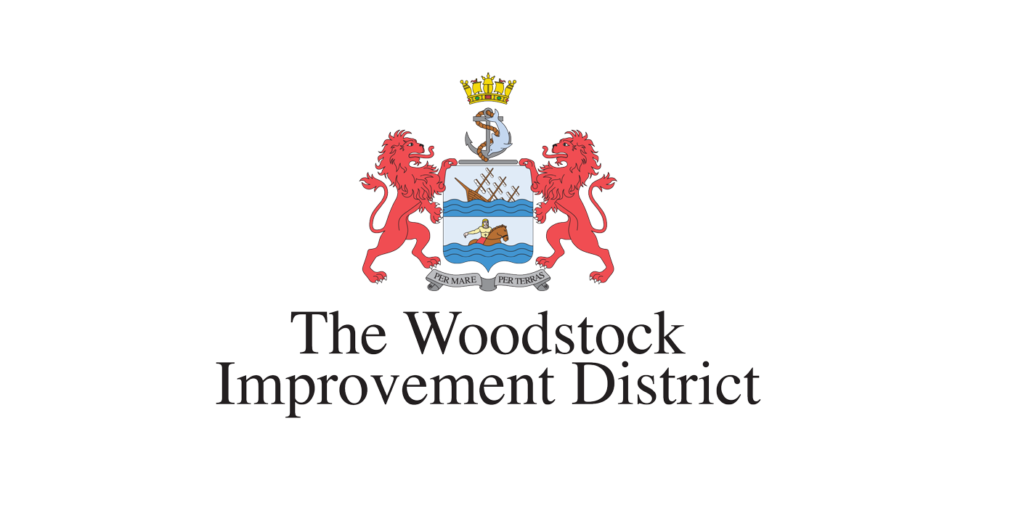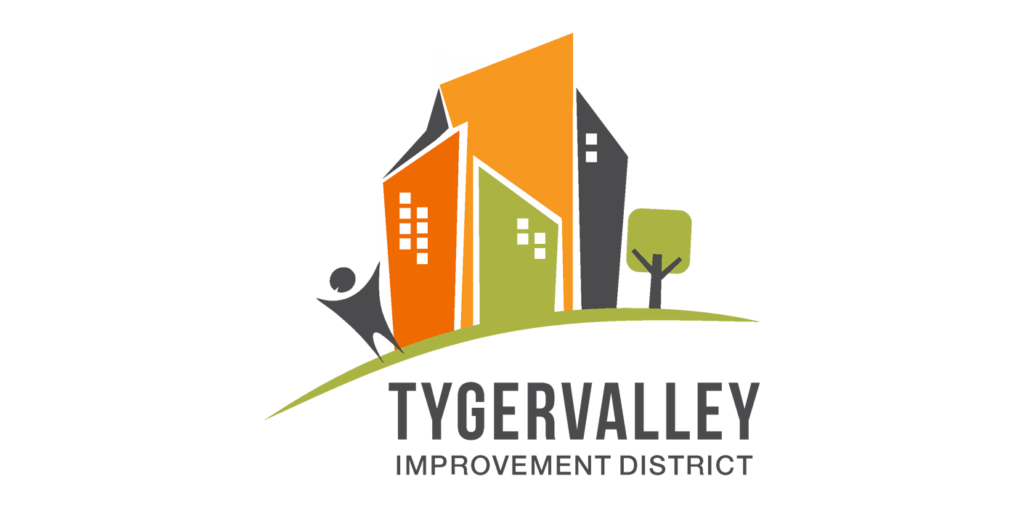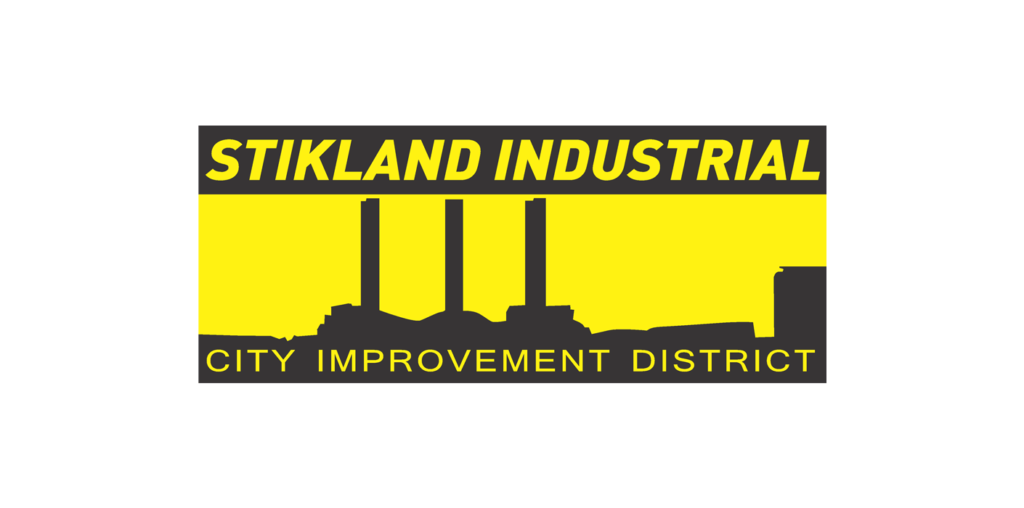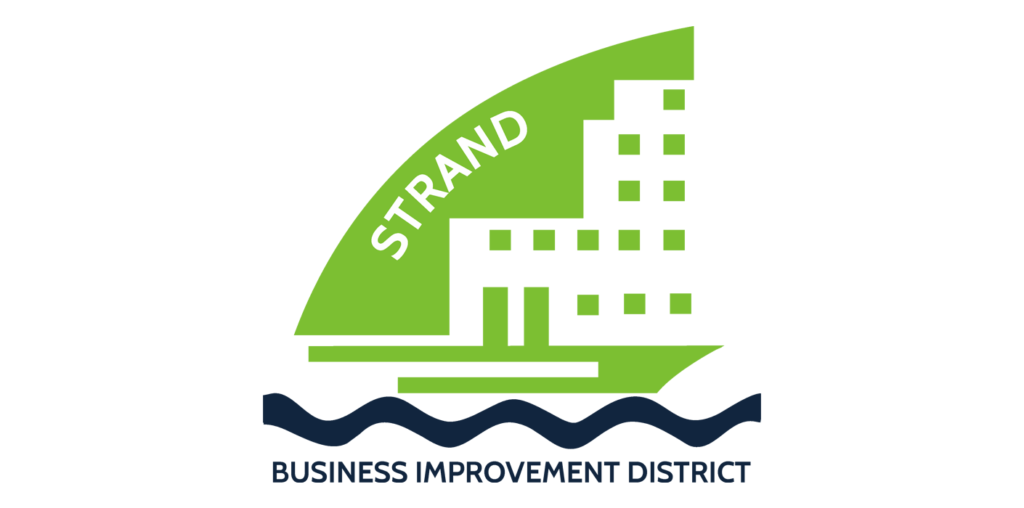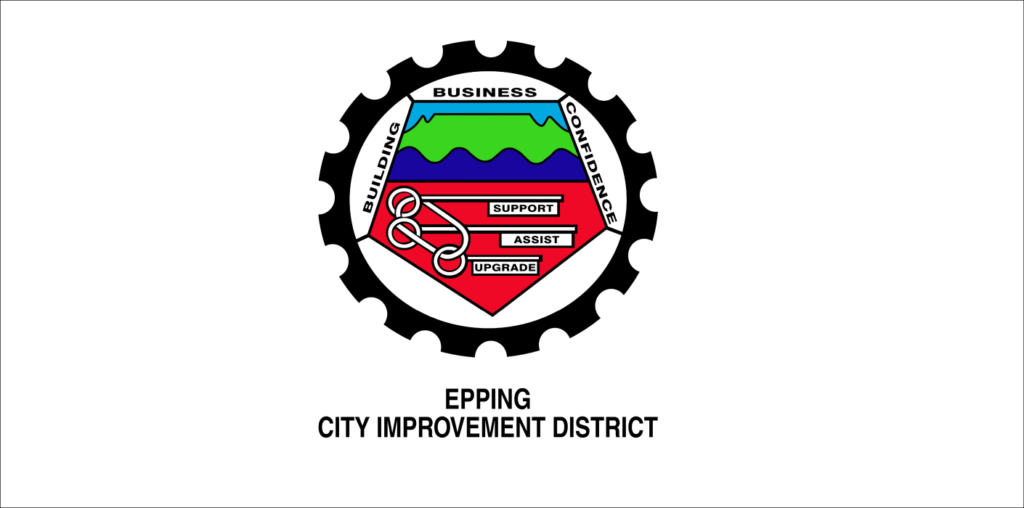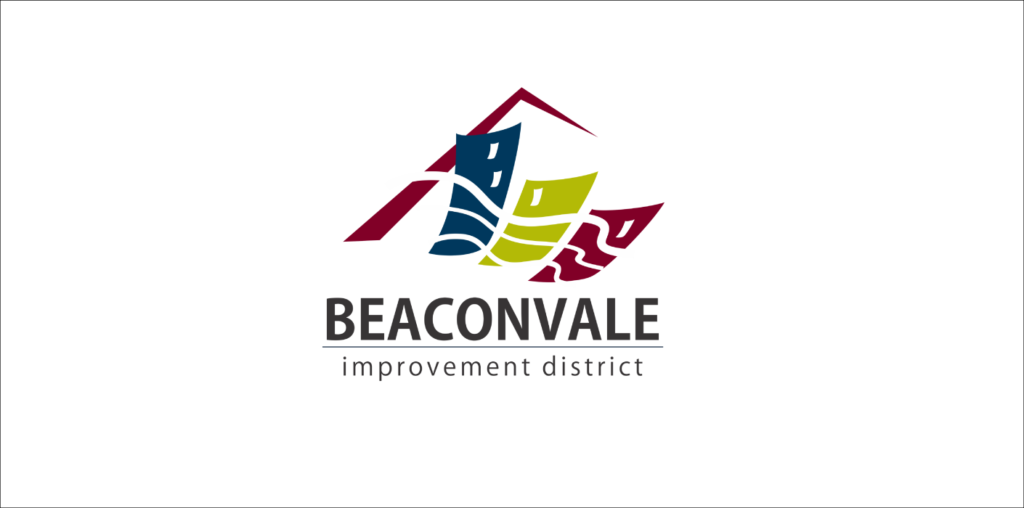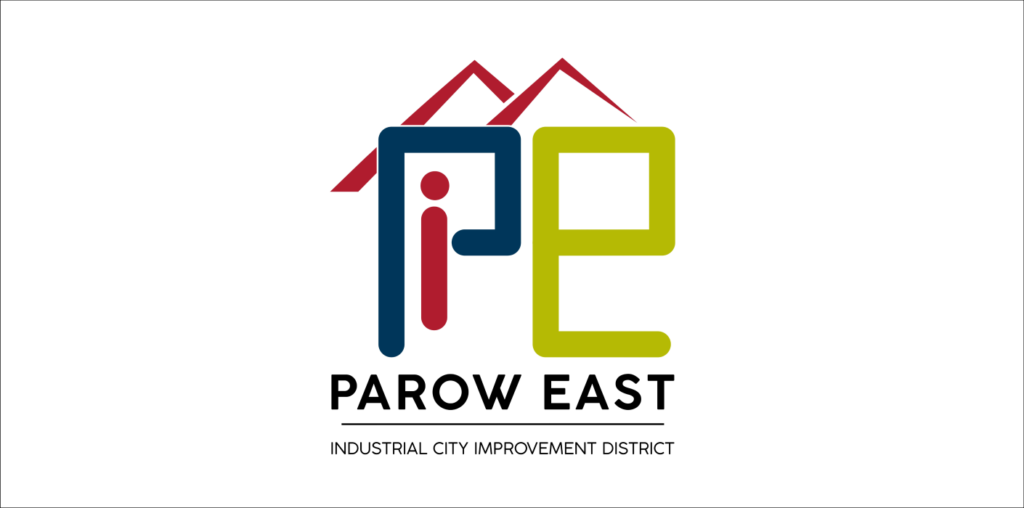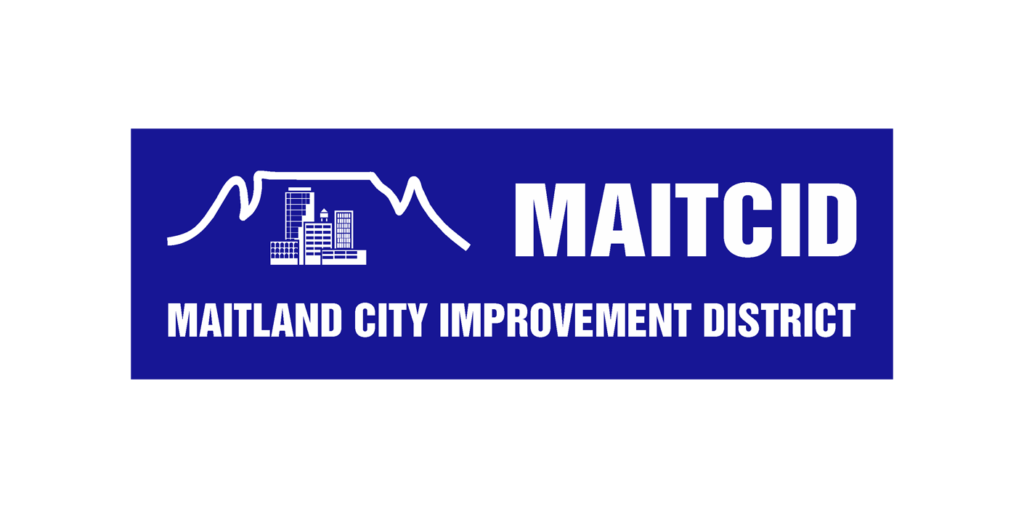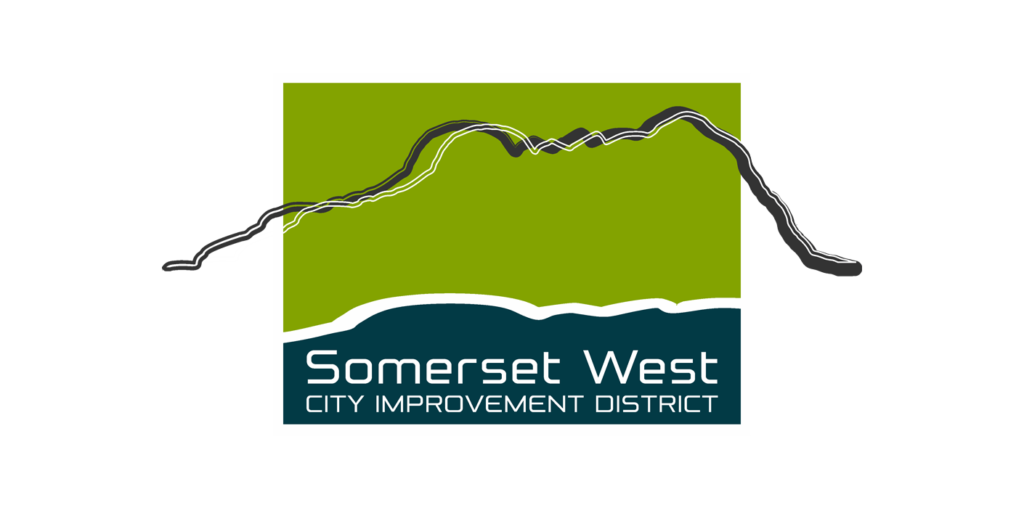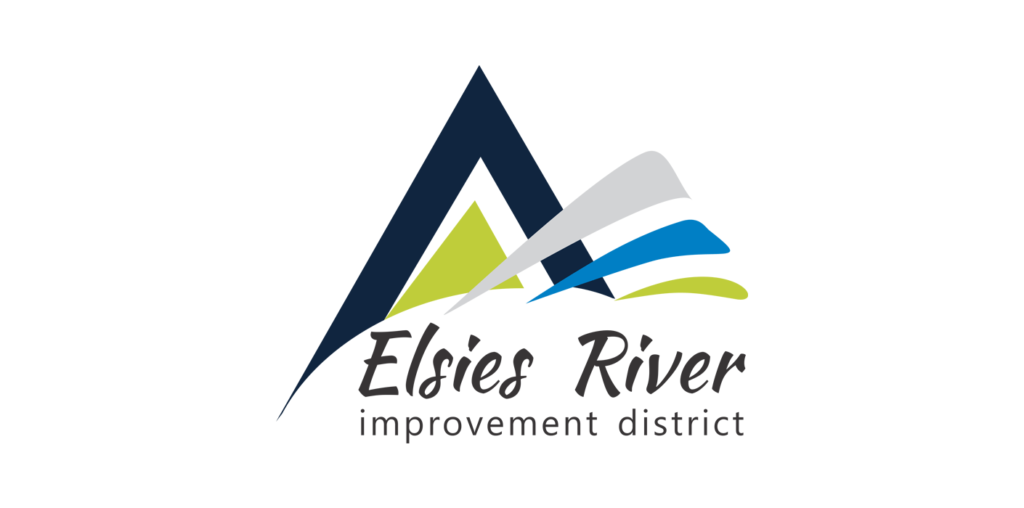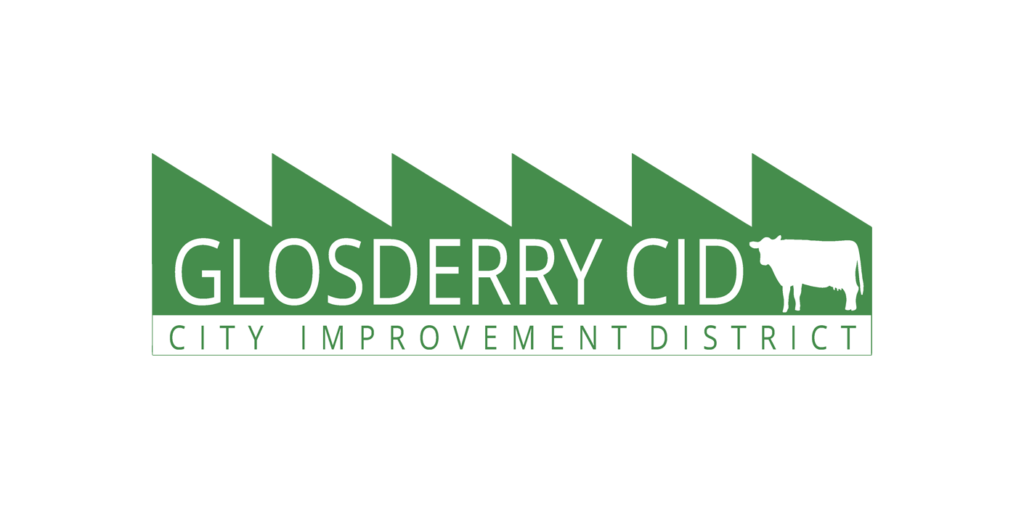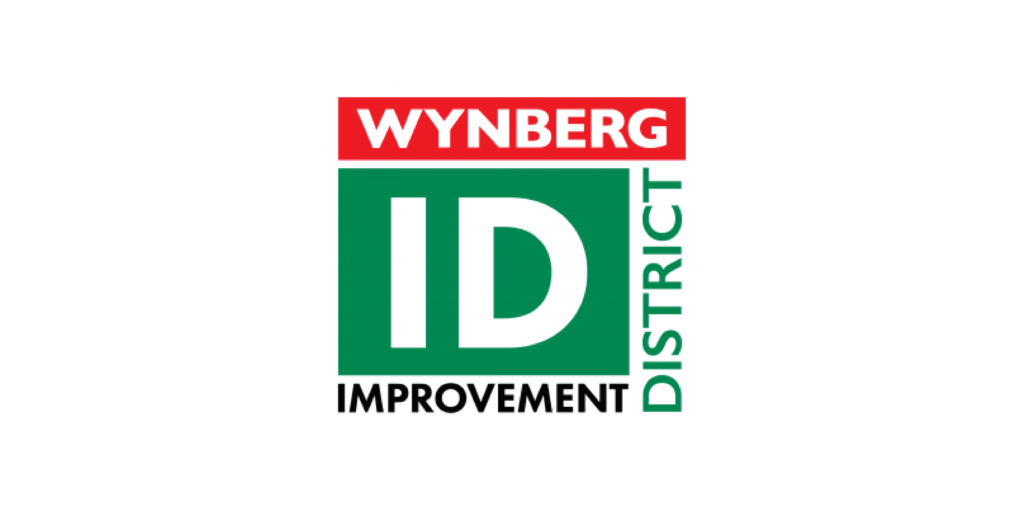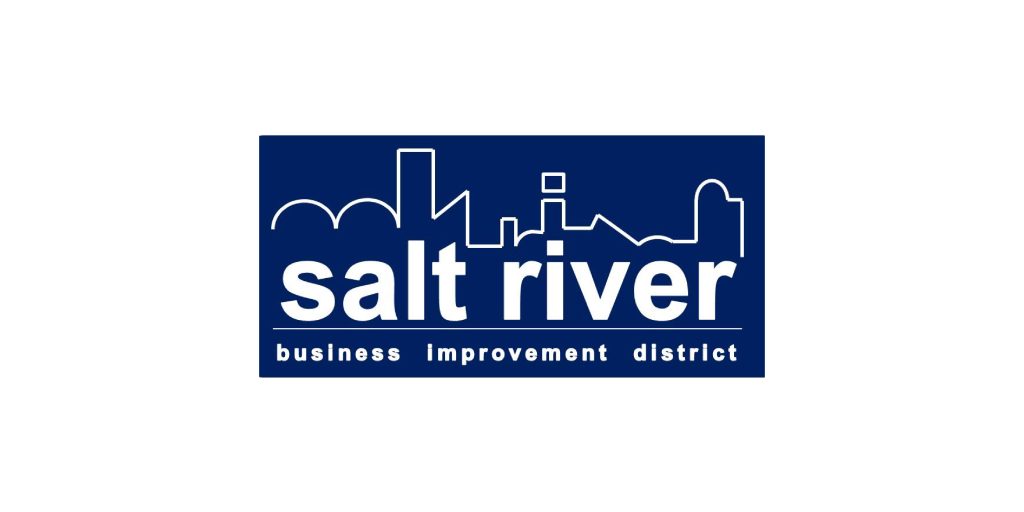Brackenfell Business Improvement District
Moving towards a clean, healthy, safe future for our community
The Brackenfell Business Improvement
District has the following goals:
Reducing crime significantly by proactive visible patrolling and cooperation with existing SAPS and City of Cape Town Law Enforcement efforts as well as other security service providers in the area.
Creating a safe and clean public environment by addressing issues of maintenance and cleaning of streets, pavements and public spaces.
Managing existing and new public infrastructure for the future benefit of all the users of the area.
Protecting property values.
Attracting new investment to the area.
Supporting the promotion of the BBID area as a safe and clean environment by promoting greening, energy efficiency, recycling and risk/disaster management.
Supporting and promoting social responsibility in the area.
The sustained and effective management of the BBID area.
Latest News
- Late Summer Readiness – Fire Safety, Water Use and Heat AwarenessLate summer in Cape Town brings hot temperatures, strong winds and dry conditions. These months… Read more: Late Summer Readiness – Fire Safety, Water Use and Heat Awareness
- BBID 2025 Year-End Review & Festive Season Safety TipsAs the year draws to a close, the BBID looks back on twelve months of… Read more: BBID 2025 Year-End Review & Festive Season Safety Tips
- Spring update & AGM 2025 – save the dateAs the seasons shift from winter to spring, the Brackenfell Business Improvement District continues its… Read more: Spring update & AGM 2025 – save the date
- Staying Safe and Warm This Winter: How We Prepare and Support Our CommunitiesAs temperatures drop and the rains return, winter in Cape Town brings with it both… Read more: Staying Safe and Warm This Winter: How We Prepare and Support Our Communities
- BBID Welcomes our new management partnerThe Brackenfell Business Improvement District (BBID) is pleased to announce that Geocentric has been appointed… Read more: BBID Welcomes our new management partner
- The City of Cape Town Draft Budget 2025-2026 – UPDATE: Comment before 13 JuneThe City of Cape Town Draft Budget 2025-26 is available for comment until 2 May; and 17 April for the proposed amendments to the 2022-27 IDP.
